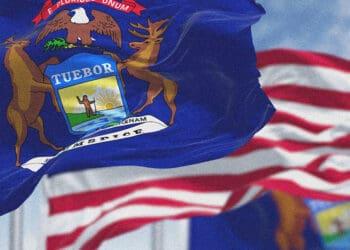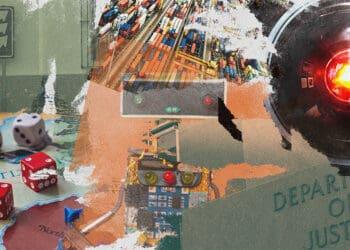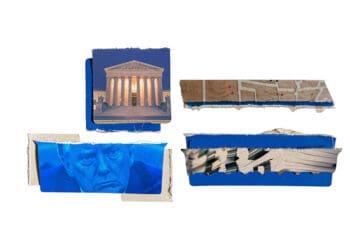Paul, Weiss associate Brandon Rosenberg contributed to this report.
As the Trump Administration tightens the screws on tariff evasion, it’s also introduced a new area of focus: “transshipment.” Jessica Carey, Roberto Gonzalez, Samuel Kleiner & Samuel Rebo of law firm Paul, Weiss explore what the administration’s America-first trade policy means for importers and other companies involved in global supply chains.
On Aug. 29, the DOJ announced the creation of a new “trade fraud task force” to “aggressively pursue enforcement actions against any parties who seek to evade tariffs and other duties[.]” The task force will include the DOJ’s Civil and Criminal Divisions, as well as the Department of Homeland Security. The department has already brought a number of tariff evasion cases under the False Claims Act this year. In mid-August the DOJ announced a $12.4 million settlement under the False Claims Act with a Texas-based company and its president for allegedly evading duties on imports from China.
The focus on tariff evasion extends to other federal agencies. On Aug. 15, US Customs and Border Protection (CBP) announced a $400 million duty evasion enforcement action that focused on transshipment of Chinese-made goods through Southeast Asia. Additionally, the a July 31 executive order included new “transshipment” tariffs and directed CBP and the Department of Commerce to publish a list of facilities and countries that are used in “circumvention” schemes. The establishment of the task force reflects an effort to coordinate these different enforcement efforts.
Additionally, while the tariffs remain in effect, there is ongoing litigation regarding the president’s authority to impose these tariffs under the International Emergency Economic Powers Act (IEEPA). On Aug. 29, the Federal Circuit held that the president’s so-called Liberation Day tariffs were outside of the scope of the congressional authorization under IEEPA. The court noted that reading the phrase “regulate … importation” in IEEPA as conferring the authority to impose tariffs of such a “magnitude” was a “a wafer-thin reed on which to rest such sweeping power.” The Federal Circuit held that it would delay the issuance of this mandate until Oct. 14 and, if the decision was appealed, it would delay the mandate until the Supreme Court has issued a judgment (or declined to do so). Given that the administration has stated it will appeal the decision, this means that the tariffs will remain in effect until the Supreme Court rules.
Given the heightened enforcement environment surrounding tariff evasion and transshipment, importers and other companies involved in global supply chains should review their trade compliance programs.
The DOJ’s focus on tariff evasion and customs fraud
In recent months, both the DOJ Criminal Division and Civil Division have emphasized a heightened focus on tariff evasion.
Criminal Division
In May 2025, Matthew R. Galeotti, head of the Criminal Division, issued a memorandum identifying “trade and customs fraud, including tariff evasion” as one of 10 priorities for white-collar and corporate enforcement. (While the DOJ brought criminal cases relating to tariff evasion under prior administrations, it did so relatively infrequently, and the area does not appear to have been an enforcement focus previously.)
As Galeotti noted in the memorandum, “[t]rade and customs fraudsters, including those who commit tariff evasion, seek to circumvent the rules and regulations that protect American consumers and undermine the Administration’s efforts to create jobs and increase investment in the United States. Prosecuting such frauds will ensure that American businesses are competing on a level playing field in global trade and commerce.”
Additionally, the DOJ has added trade, tariff and customs fraud by corporations as a category eligible for rewards under the DOJ’s corporate whistleblower awards pilot program. The Criminal Division is reportedly creating a unit to focus on tariff enforcement, and press accounts describe the transfer of personnel from the consumer protection branch into this newly created “Market, Government and Consumer Fraud Unit.”
Civil Division
The DOJ has brought a number of tariff evasion and customs fraud cases under the False Claims Act (FCA) this year. In February, Deputy Assistant Attorney General Michael Granston stated that the DOJ plans to “continue to aggressively enforce the False Claims Act,” including for the purpose of enforcing trade laws.
Recent FCA cases have involved misrepresentations about an import’s country of origin, misclassification of the import under the tariff schedule or misrepresenting the value of the imported goods.
In a March 2025 resolution, an importer and its two owners settled a False Claims Act case brought by the DOJ for $8.1 million. The resolution noted that the importer “caused false information to be submitted to CBP regarding the identity of the manufacturers and country of origin of the imported” product. Moreover, even where the DOJ does not intervene in a case, a qui tam relator can bring a claim under the False Claims Act alleging tariff evasion.
“Transshipment” tariffs
President Donald Trump’s July 31 executive order established a 10% near-worldwide baseline tariff rate and certain higher country-specific tariff rates. Notably, the order introduced a new category of “transshipment” tariffs. The order stated that “[a]n article determined by CBP to have been transshipped to evade applicable duties under section 2 of this order” would be subject to a 40% tariff rate in lieu of the country-specific tariff established in the executive order. In addition, the order noted that persons engaged in transshipment may be subject to a “fine or penalty” and provided that CBP shall not allow for “mitigation or remission” of the penalties assessed on transshipped imports.
The order did not define “transshipment” and, to date, CBP has not issued further guidance on this new tariff. Ordinarily, an import from multiple countries would be assessed under a country of origin framework that focused on whether a “substantial transformation” of the product took place in the final country in the supply chain.
While the executive order did not mention any particular countries with regards to transshipment, press reports have noted that the administration is targeting imports from Southeast Asia that have parts sourced from China. The White House has stated that it has “zero tolerance for transshipment” and is “exploring” new rules that would apply higher tariffs to components that are incorporated into a product in another country before being shipped to the United States.
As noted above, the executive order directed CBP and the Department of Commerce to publish a bi-annual list of “countries and specific facilities that are used in circumvention schemes” and noted that the list should be utilized in “commercial due diligence.” To date, CBP and Commerce have not published this list.
Importers and other companies involved in global supply chains should monitor for further guidance from CBP on transshipment and will need to incorporate the CBP-Commerce list into their trade compliance programs.
Takeaways
Given the administration’s heightened focus on tariff evasion and transshipment schemes, importers and other companies involved in global supply chains should consider undertaking reviews of their trade compliance programs and making enhancements where appropriate. Companies should consider conducting or refreshing a risk assessment to identify potential areas of risk and reviewing their due diligence policies and procedures to ensure that they are well-designed to detect tariff evasion in their supply chains. If potential violations are identified, companies should consider whether to file a voluntary self-disclosure with the Department of Justice.


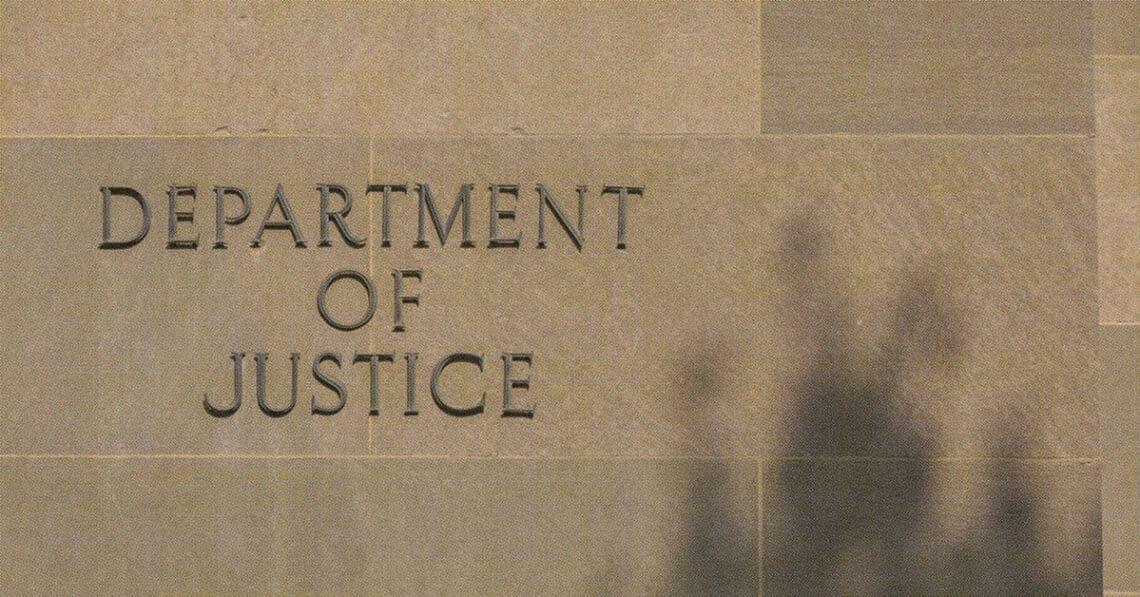
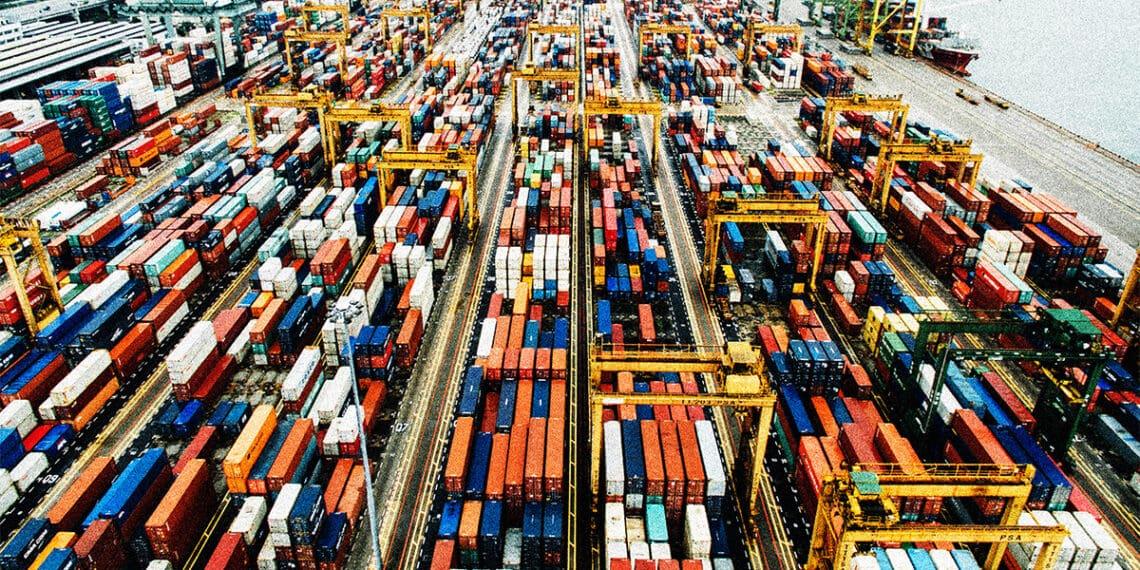
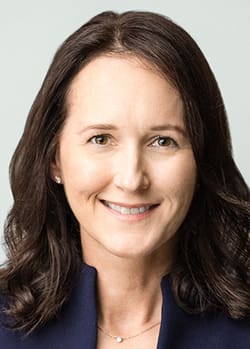 Co-chair of the Paul, Weiss litigation department and a member of the firm’s management committee, Jessica Carey has deep experience handling a wide range of sensitive criminal, regulatory and complex commercial litigation matters, particularly on behalf of financial institutions. Jessica has helped numerous clients successfully navigate their most significant, threatening white-collar matters and internal investigations.
Co-chair of the Paul, Weiss litigation department and a member of the firm’s management committee, Jessica Carey has deep experience handling a wide range of sensitive criminal, regulatory and complex commercial litigation matters, particularly on behalf of financial institutions. Jessica has helped numerous clients successfully navigate their most significant, threatening white-collar matters and internal investigations. Roberto Gonzalez
Roberto Gonzalez 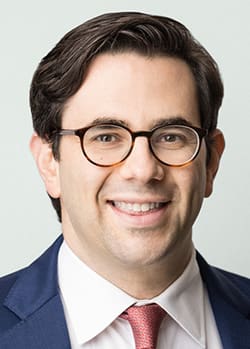 A counsel in the Paul, Weiss litigation department, Sam Kleiner represents clients in high-stakes litigation, government and internal investigations and regulatory proceedings. Prior to joining Paul, Weiss, he served as a senior adviser to the general counsel and the under secretary for terrorism and financial intelligence at the Department of the Treasury, where he advised on sanctions, anti-money laundering, CFIUS and litigation matters.
A counsel in the Paul, Weiss litigation department, Sam Kleiner represents clients in high-stakes litigation, government and internal investigations and regulatory proceedings. Prior to joining Paul, Weiss, he served as a senior adviser to the general counsel and the under secretary for terrorism and financial intelligence at the Department of the Treasury, where he advised on sanctions, anti-money laundering, CFIUS and litigation matters. Samuel Rebo
Samuel Rebo